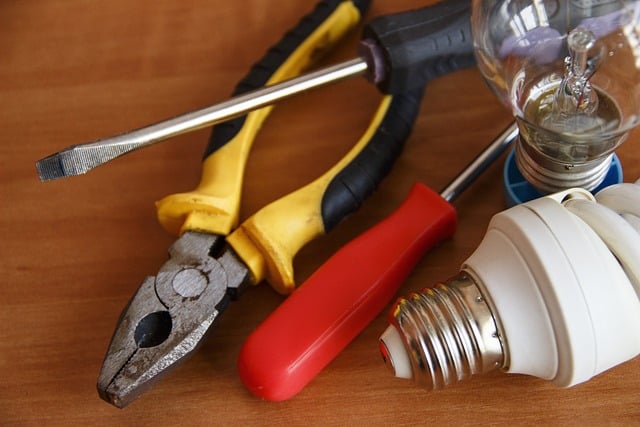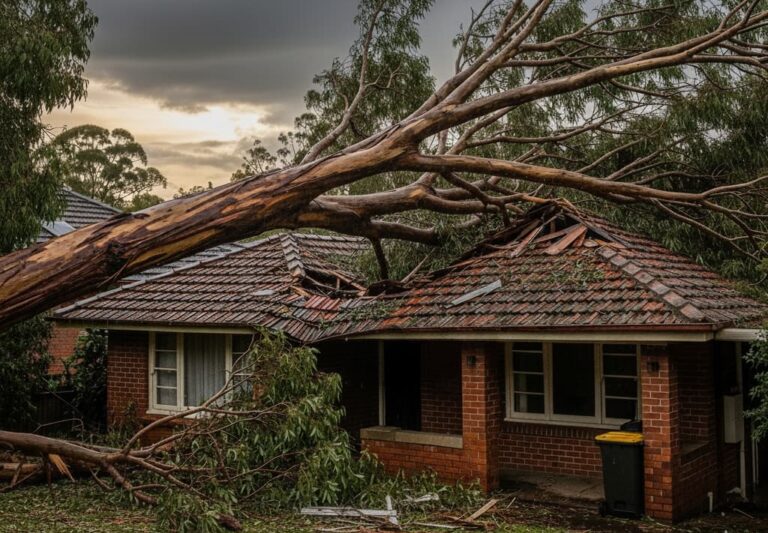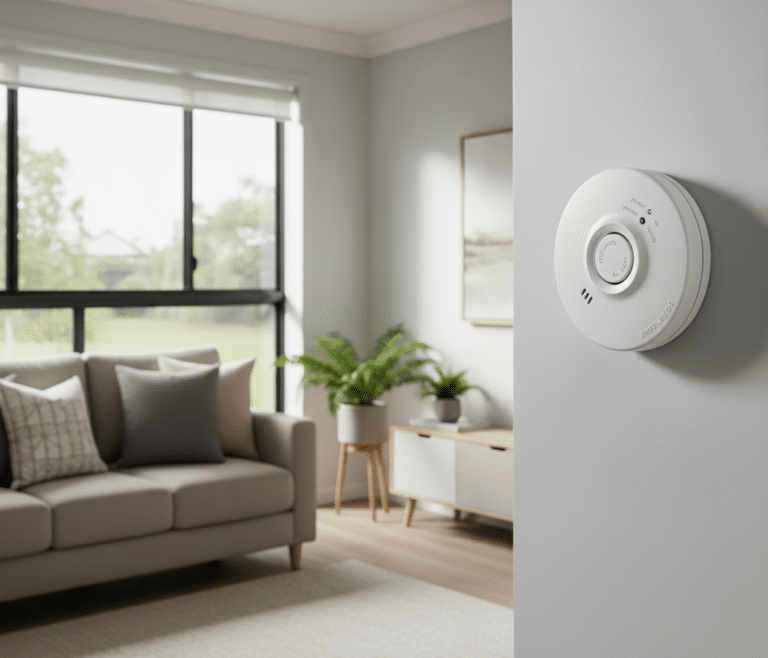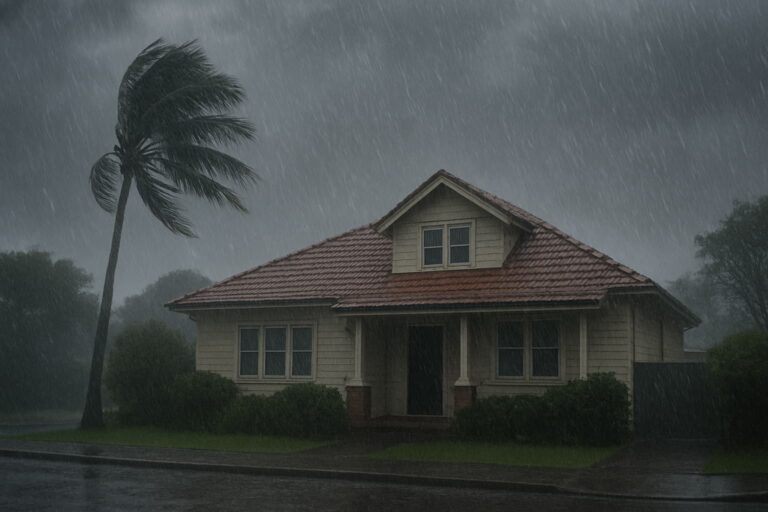Electrical safety is a crucial aspect of maintaining a secure living environment in your home. Without proper precautions, electrical hazards can lead to devastating consequences such as electrical shocks, fires, and even fatalities. It is essential to understand the importance of electrical safety and take necessary measures to keep your home safe.
Electricity is a powerful force that we rely on every day, but it can also be dangerous if not handled with care. Faulty wiring, outdated electrical systems, and improper usage of electrical appliances can all pose significant risks. By being aware of these hazards and implementing safety measures, you can protect yourself, your loved ones, and your property from potential electrical accidents.
Understanding the Importance of Electrical Safety
Electricity is an essential part of our daily lives, and it’s easy to forget the dangers associated with it. However, electrical hazards can be fatal, and it’s crucial to understand the importance of electrical safety. The risks of electrical hazards include electric shock, electrocution, and even house fires, which can result in severe injuries, property damage, and loss of life.
Electrical safety is not only essential for homeowners but also for renters. As a tenant, it’s essential to ensure that the electrical system in your rented property is safe and meets the required safety standards. It’s your right to request an electrical safety check from your landlord if you suspect any issues with the electrical system.
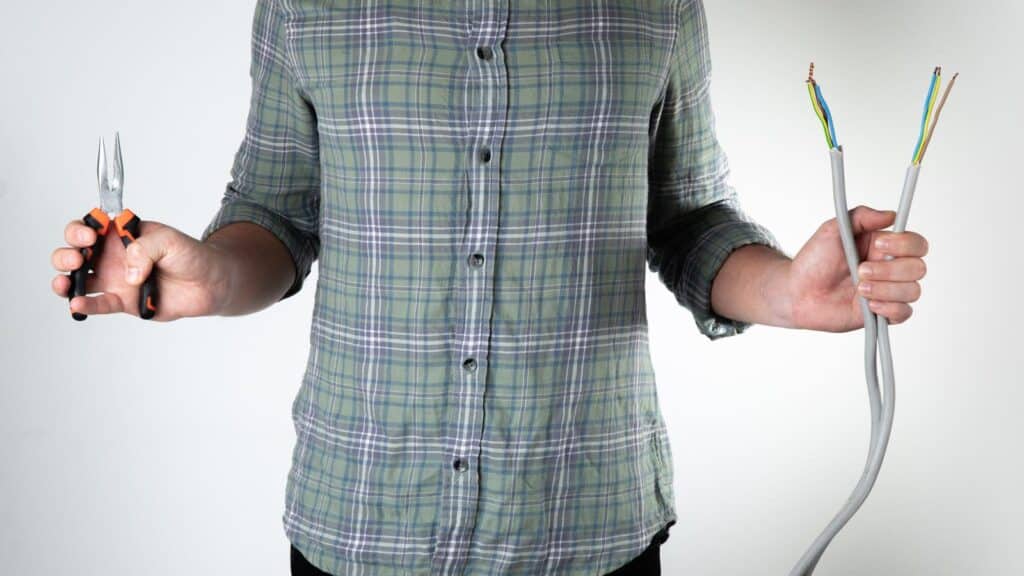
Common Electrical Hazards in the Home
To effectively shockproof your home, it is crucial to be aware of the most common electrical hazards that can be found within residential settings. These hazards can include faulty wiring, overloaded circuits, exposed electrical components, and improper grounding. Understanding these risks will help you identify potential dangers and take the necessary steps to mitigate them.
Faulty wiring is one of the leading causes of electrical fires. Over time, wires can become worn, damaged, or loose, leading to potential fire hazards. Another common hazard is overloaded circuits, which occur when too many electrical devices are plugged into a single outlet or circuit. This can cause the circuit to overheat and potentially result in a fire.
Exposed electrical components, such as frayed wires or uncovered outlets, can also pose a significant risk. They increase the likelihood of electrical shocks and can potentially ignite nearby flammable materials. Additionally, improper grounding can lead to electrical shocks when there is a fault in the electrical system. It is essential to address these hazards promptly to maintain a safe living environment.
Electrical hazards can be found throughout the home, and it’s crucial to identify and eliminate them. Here are some of the most common electrical hazards in the home:
· Faulty electrical wiring: Old or damaged electrical wiring can cause electrical shocks and fires.
· Overloaded circuits: Overloading electrical circuits can cause circuit breakers to trip and increase the risk of electrical fires.
· Water and electricity: Water and electricity don’t mix. Wet areas, such as bathrooms and kitchens, should have ground fault circuit interrupter (GFCI) outlets installed to reduce the risk of electric shock.
· Damaged electrical appliances: Damaged electrical appliances can cause electric shocks and fires. It’s essential to inspect your appliances regularly and replace any that are damaged or faulty.
· DIY electrical work: DIY electrical work can be dangerous and can result in electrical shocks, fires, and even electrocution. It’s essential to hire a licensed electrician for any electrical work in your home.
Electrical Safety Statistics and Facts
Electrical accidents are more common than you might think. Here are some electrical safety statistics and facts:
· Electrical fires cause around 51,000 fires, 500 deaths, and over 1,400 injuries in the UK each year.
· The most common cause of electrical fires is a faulty appliance.
· Around 70 people die from electrical accidents in the UK each year.
· Overloading electrical circuits is one of the leading causes of electrical fires.
· The majority of electrical accidents occur in the home.
Tips for Shock Proofing Your Home
Now that we understand the importance of electrical safety and the common hazards associated with it, let’s explore some practical tips for shock proofing your home. By following these guidelines, you can create a secure living environment for you and your family.
Ensuring Proper Electrical Wiring and Grounding
Proper electrical wiring and grounding are essential for electrical safety. Here are some tips for ensuring proper electrical wiring and grounding:
· Hire a licensed electrician to inspect your home’s electrical system and make any necessary repairs or upgrades.
· Replace old or damaged electrical wiring.
· Ensure that all electrical outlets are grounded.
· Install GFCI outlets in wet areas, such as bathrooms and kitchens.
· Avoid using extension cords as a permanent solution.
Safe Usage of Electrical Appliances and Devices
Electrical appliances and devices are a common cause of electrical hazards. Here are some tips for safe usage of electrical appliances and devices:
· Inspect your appliances regularly and replace any that are damaged or faulty.
· Follow the manufacturer’s instructions for use and maintenance.
· Unplug appliances when not in use.
· Avoid using electrical appliances near water.
· Don’t overload electrical circuits.
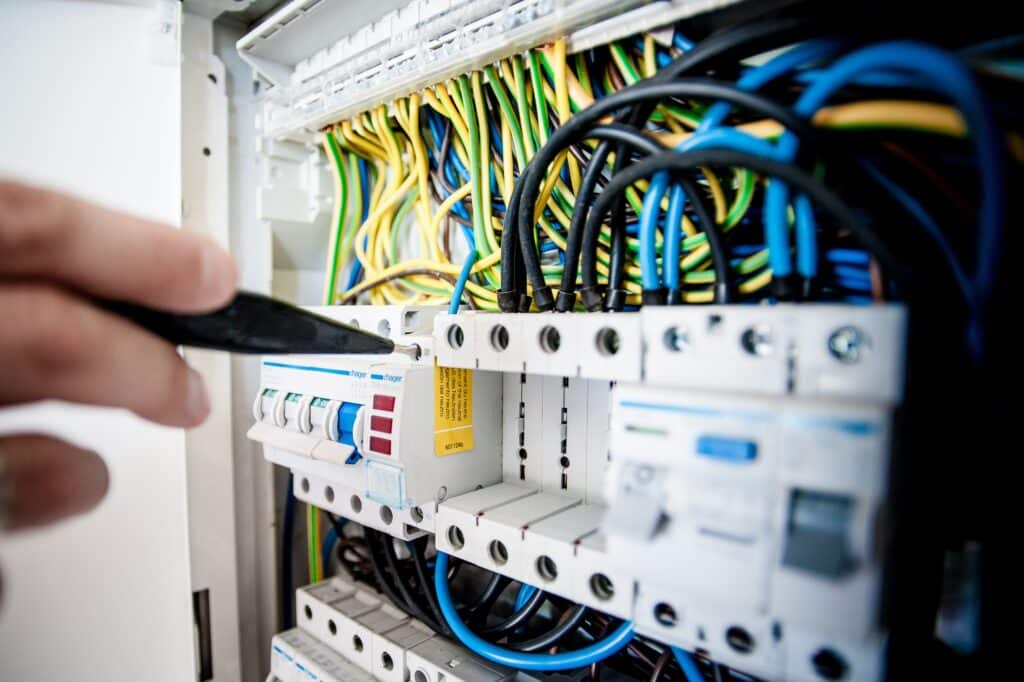
Childproofing Your Home’s Electrical Outlets and Cords
Childproofing your home’s electrical outlets and cords is crucial to keep children safe from electrical hazards. Here are some tips for childproofing your home’s electrical outlets and cords:
· Install outlet covers on all electrical outlets.
· Keep electrical cords out of reach of children or secure them with cord covers.
· Teach children about electrical safety and the dangers of electricity.
Outdoor Electrical Safety Precautions
Outdoor electrical safety precautions are just as important as indoor precautions. Here are some tips for outdoor electrical safety:
· Hire a licensed electrician to install outdoor electrical outlets.
· Use outdoor-rated extension cords and appliances.
· Keep electrical cords away from water and wet areas.
· Don’t use electrical appliances or devices in wet conditions.
· Install outdoor lighting to improve visibility and deter intruders.
The Role of Professional Electricians in Ensuring Electrical Safety
While there are several electrical safety precautions you can take as a homeowner, it is essential to recognize the expertise of professional electricians. Licensed electricians have the knowledge and skills to assess, install, and maintain electrical systems safely. They can conduct thorough inspections, identify potential hazards, and provide recommendations for improving electrical safety in your home.
Professional electricians can also assist with electrical system upgrades, ensuring that your home meets the latest safety standards. Whether it’s rewiring, installing surge protectors, or upgrading outdated electrical panels, their expertise is invaluable in creating a secure living environment. When it comes to electrical safety, it is always wise to consult with professionals to ensure the highest level of protection. They are trained to identify and eliminate electrical hazards and can provide valuable advice on electrical safety. Here are some reasons why you should hire a licensed electrician:
· They can inspect your home’s electrical system and identify any potential hazards.
· A licensed electrician can make any necessary repairs or upgrades to ensure your home is safe.
· They can provide advice on electrical safety and answer any questions you may have.
Conclusion: The Importance of Prioritising Electrical Safety in Your Home
In conclusion, electrical safety is a paramount concern for homeowners. By understanding the importance of electrical safety, being aware of common hazards, and implementing proper precautions, you can shockproof your home and create a secure living environment.
Remember to regularly inspect your home’s electrical wiring, ensure proper grounding, and use electrical appliances and devices safely. Childproofing electrical outlets and cords, as well as taking outdoor electrical safety precautions, are also vital steps to consider. Finally, consult with professional electricians for expert guidance and assistance in maintaining a high level of electrical safety in your home.
Prioritising electrical safety is not only a responsible decision but also a way to protect yourself, your loved ones, and your property from potential electrical accidents. By taking the necessary precautions, you can enjoy peace of mind knowing that your home is well-equipped to handle electrical hazards.
Ensure your home’s electrical safety today! Contact our team of professional electricians for a comprehensive assessment and expert advice on shock proofing your home. Your safety is our top priority.
